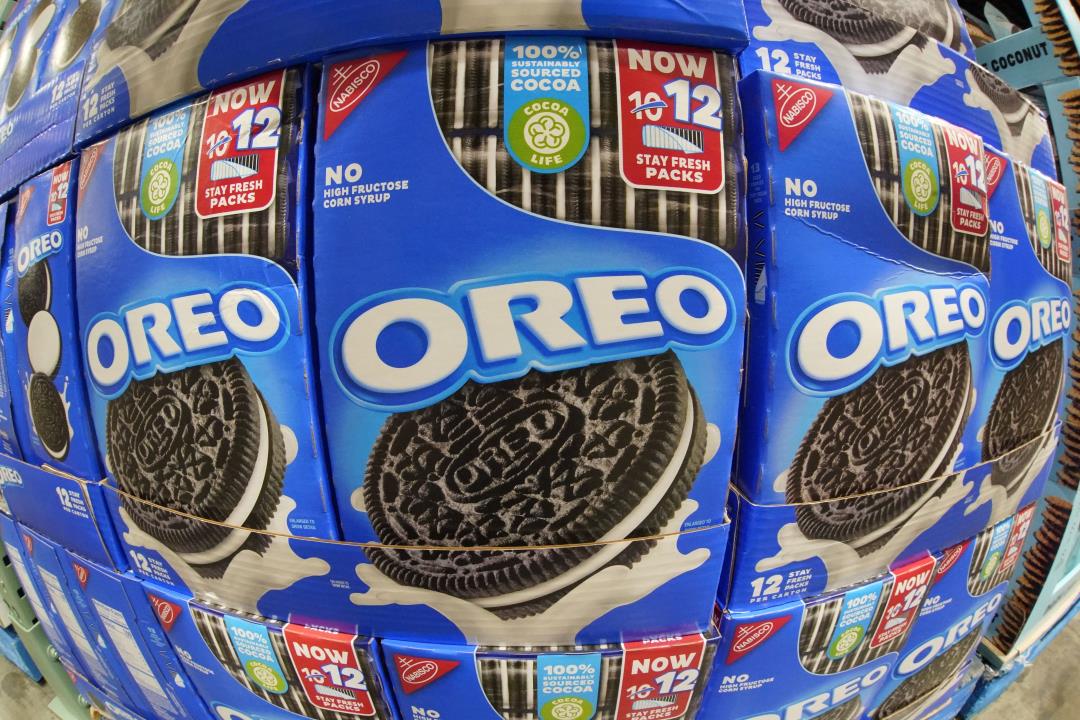
The Secret Link Between Tobacco Companies and Junk Food Addiction
We’ve long understood the addictive qualities of junk foods, thanks to their high sugar, salt, and fat content. However, new research suggests that big tobacco companies played a role in making these foods more addictive when they owned popular food brands like Kraft and Nabisco. A study published in the journal Addiction. compared products owned by tobacco companies with competing brands.
According to the Washington Post, tobacco-owned brands were found to be 80% more likely to contain high levels of sodium and carbs, and 29% more likely to have high levels of fat and sodium. These ingredients created what researchers call “hyper-palatable” foods that trigger cravings and cause people to overeat, thanks to their ability to hit the “bliss point.”
The Rise of Obesity and the Tobacco Connection
Tobacco companies began acquiring food brands in the late ’80s as a way to diversify their business. However, by the early 2000s, they started selling off those brands. Interestingly, during this time period, the rate of obesity among adults in the United States saw a significant increase. According to Forbes, in 1980, only 15% of individuals aged 20 to 74 were categorized as obese. By 1994, that number rose to 23%, and by 2000, it reached a substantial 30.9%. The most recent data from the CDC shows that in 2020, 41.9% of American adults are now classified as obese.
Lead author Tera Fazzino explains, “These foods may be designed to make you eat more than you planned. It’s not just about personal choice and watching what you eat—they can kind of trick your body into eating more than you actually want.” This revelation sheds light on the role of tobacco companies’ ownership of food brands in contributing to the obesity epidemic.
Unapproved Ingredients and Banned Products
It turns out that some ingredients found in processed foods in the US are not allowed in other countries. Examples include brominated vegetable oil, potassium bromate, and certain dyes. Additionally, some highly processed products are either banned or made using different ingredients abroad. Surprisingly, popular American products such as sugar cereals, Coffee-Mate, Stove Top stuffing, Skittles, Pop-Tarts, and Mountain Dew are on this list. Academic Ashley Gearhardt, who studies food addiction, remarks, “We treat these foods like they come from nature. Instead, they’re foods that come from big tobacco.” Interestingly, smoking rates have reached an all-time low.
Denial of responsibility! Vigour Times is an automatic aggregator of Global media. In each content, the hyperlink to the primary source is specified. All trademarks belong to their rightful owners, and all materials to their authors. For any complaint, please reach us at – [email protected]. We will take necessary action within 24 hours.


